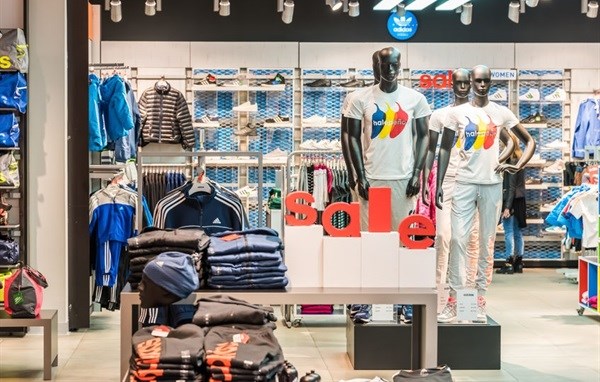Retail sales decline in June, but clothing and pharmaceuticals perform positively

Growth in South Africa’s total retail market decelerated for the fourth consecutive month, with total retail sales excluding the effects of inflation growing by 2% year-on-year compared to the 2.9% year-on-year recorded in June 2018. Total retail sales including the impact of inflation rose 4.8% year-on-year in July 2018 compared to 5.8% year-on-year in June 2018.
“The performance of the pharmaceutical and clothing sectors indicates that the South African consumer is still budgeting for some discretionary spending,” says Michael McNamara, senior principal, data and services at Mastercard.
“However, retail growth has slowed down driven mostly by the effects of increasing unemployment, higher inflation and low wage growth. We will be monitoring how a weaker rand and global trade disputes affect consumer spending in the months to come.”
Category performance
In the clothing segment, July 2018 sales including the effects of inflation were up 5.9% year-on-year. Inflation contributed two percentage points to growth. The pharmaceutical, medical goods, cosmetic and toiletry category recorded 7.1% year-on-year growth for July 2018 when the impact of inflation is included.
The general dealer sector was a weak performer in July 2018, following a trend evident throughout the year. General dealer sales volumes, excluding the effects of inflation, declined 2.3% year-on-year for July 2018. Including the effects of inflation, general dealer sales rose 4.1% year-on-year, indicating strong inflationary effects in this sector.
Though inflation in food prices contributed to positive nominal sales growth for the food and beverages sector, which saw sales rise 3.3% year-on-year for July, there was a decline of 1.6% year-on-year, excluding the effects of inflation. This decline in July comes after 3.8% growth, excluding the effects of inflation, in June 2018.
“Sales in the food sector were affected by increased food inflation of 3.4% in July 2018 over the same month in the previous year. The impact of drought in Western Cape contributed to this pressure on consumer spending,” says McNamara. “The drought has also had an adverse impact on employment - 4.6% which comes from agriculture - and GDP growth.”
Mastercard SpendingPulse South Africa reports on national retail sales and uses aggregated and anonymous Mastercard transaction data, coupled with survey-based estimates for other payment forms including cash and cheque.

























